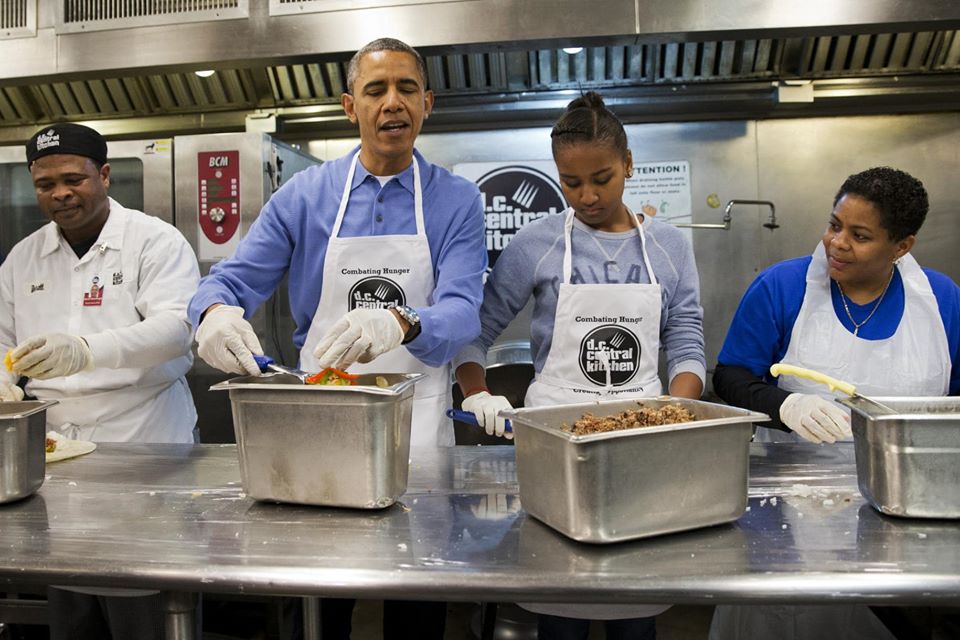There are no products in your shopping cart.
| 0 Items | £0.00 |


By Ayo Akinfe
(1) First of all, can I sincere thank everyone for their birthday wishes yesterday. I was totally overwhelmed by the deluge. I clearly cannot thank everyone in person. Wonderful people you all are. I guess the best way to say thank you to all of you is to make today’s food pack handout a great success. It will be taking place between 4pm and 6pm at Woolwich Town Centre
(2) Given that the Caribbean community in the UK has now made this a more or less permanent feature, I think it is time the Nigerian diaspora community starts thinking along these lines too. Many of our people who are self-employed are facing utter economic ruin and we need to come up with a solution
(3) In Nigeria itself, it is crystal clear to me that we need to establish these soup kitchens on a permanent basis. I do not see Nigeria’s economy recovering for the next year, so if we want to avert social upheaval and a humanitarian crisis, we need to come up with a plan to feed the hungry
(4) A soup kitchen, meal centre, or food kitchen is a place where food is offered to the hungry usually for free or sometimes at below market prices. They came into prominence in the US in the early 1930s during the Great Depression and have remained with us in one form or another ever since
(5) Soup kitchens are often staffed by volunteer organisations , such as churches or community groups. In Nigeria, the last time we had anything of this nature was after the civil war when feeding centres were established to feed the starving masses impoverished by a three year economic blockade
(6) Many historical and typical modern soup kitchens serve only soup, hence its name, usually with some bread. However, several establishments also serve other types of food. I think our Nigerian soup kitchens need to be centred on the delivery of jollof and fried rice
(7) In the 21st century, the use of soup kitchens expanded in both the US and Europe, following global increases in the price of food which began in late 2006. I can see soup kitchens returning big time with the impending job losses worldwide. When BA alone says it will cut 20,000 jobs and the tourism industries of Italy, Spain, Portugal, Greece, etc face utter ruin, soup kitchens will be badly needed
(8) At the moment, the world's largest soup kitchen is at the Sikhs' holiest shrine, Golden Temple in Punjab, India. It can serve free food for up to 300,000 people every day. Food is served to all visitors regardless of faith, religion, or background. Large Nigerian cities like Lagos, Kano, Ibadan, Port Harcourt, Kaduna, Benin, Aba, Jos, Maiduguri, etc all need at least one of these mega food centres
(9) In some countries such as Greece, soup kitchens have become the most widely used form of food aid. For instance, in 2012, it was reported that an estimated 400,000 Greeks visit a soup kitchen each day. Why has Nigeria not latched on to this? Well, we are going to have to now
(10) Every Sikh shrine has a religiously sanctioned moral and humanitarian obligation to serve and provide hospitality, provisions, nourishments and meals to any man, regardless of race, creed, religious profession, identification, or affiliation. I think it is time the Christian Association of Nigeria and the Nigerian Supreme Council of Islamic Affairs agreed similar rules, putting all churches and mosques under the same obligation